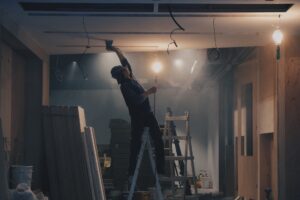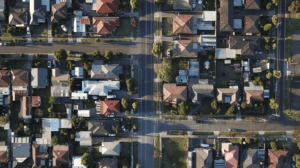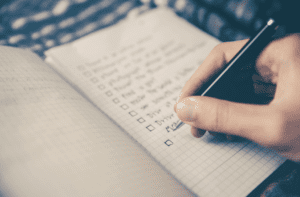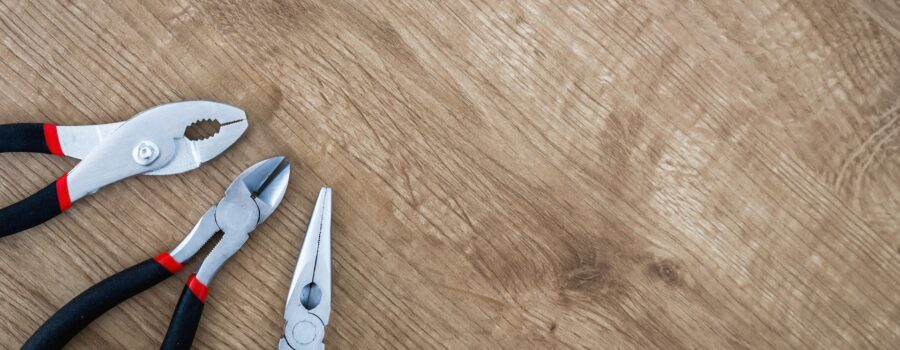
What to Consider in a Commercial Building Maintenance
Commercial building maintenance involves the provision of regular inspections, servicing, tests, repairs, and replacements, which are designed to make sure that a commercial building is safe.
When applied on a regular basis, this preventive maintenance should keep equipment inside of the building from falling into disrepair. Over time, a building and the equipment inside can become worn down from environmental conditions and frequent use. Commercial building maintenance is performed to lessen the number of costly repairs that are needed, which should help you save both time and money.
Without maintenance, your building could be affected by power failure or damage to your IT infrastructure that takes a long time to correct. If employees are unable to do their jobs, productivity and revenues will drop substantially.
The main objectives of commercial building maintenance include:
- Minimize the number of repairs that need to be performed
- Improve overall plant reliability
- Maintain equipment conditions
- Identify pieces of equipment that require maintenance
- Perform the right amount of maintenance for your specific budget
This article goes into greater detail about commercial building maintenance and what you should consider when performing this maintenance, which includes everything from lighting requirements to electrical requirements.
Requirements Overview
Lighting
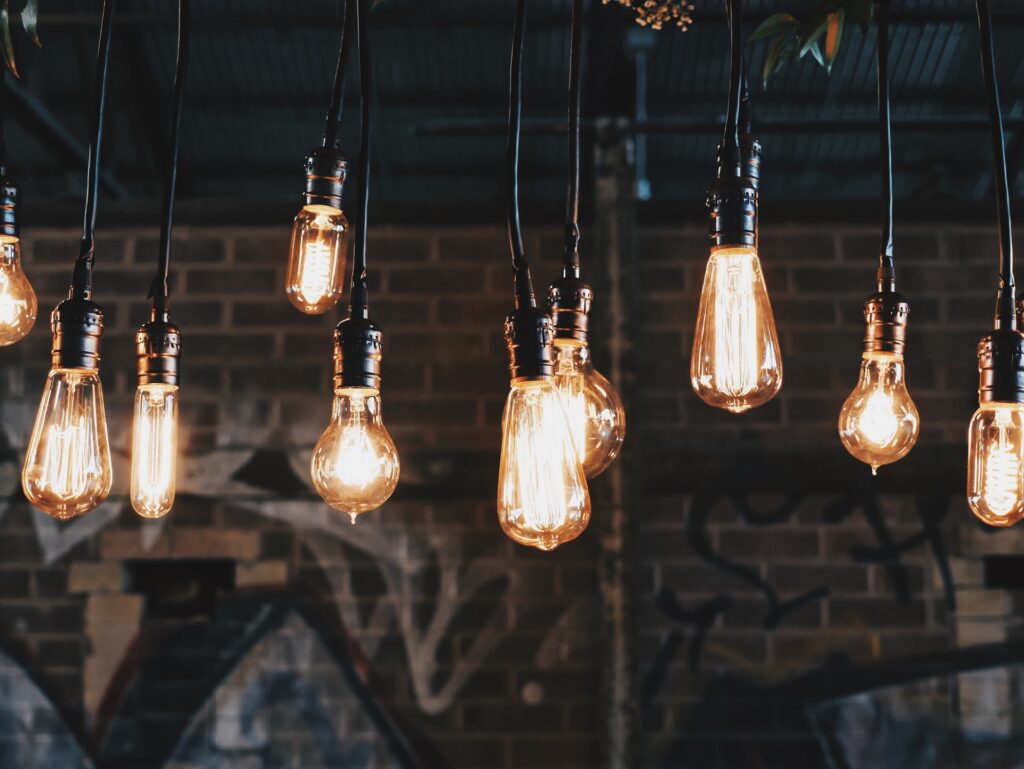
The main lighting components that are checked during commercial building maintenance include:
- Make sure that you inspect lighting every 3-6 months and perform group relamping when necessary
- Check any exterior lights for torn cables before replacing components that aren’t functioning properly
- Light fixtures with controllers or transformers should be checked regularly
- Re-aim adjustable lighting if needed
- Replace lamps that have burnt out
- Dust lamps regularly to make sure that lighting performance is optimal
For optimal workflow in any commercial building, optimal lighting is necessary. It’s also less costly to maintain lighting when compared to what it would cost to replace this equipment. While power supplies should be inspected on a daily basis, most other elements of lighting only need to be inspected every 3-6 months. If performed correctly, the most work that will need to be done with the lighting system in your building will occur when the system is being upgraded to a better one.
Plumbing
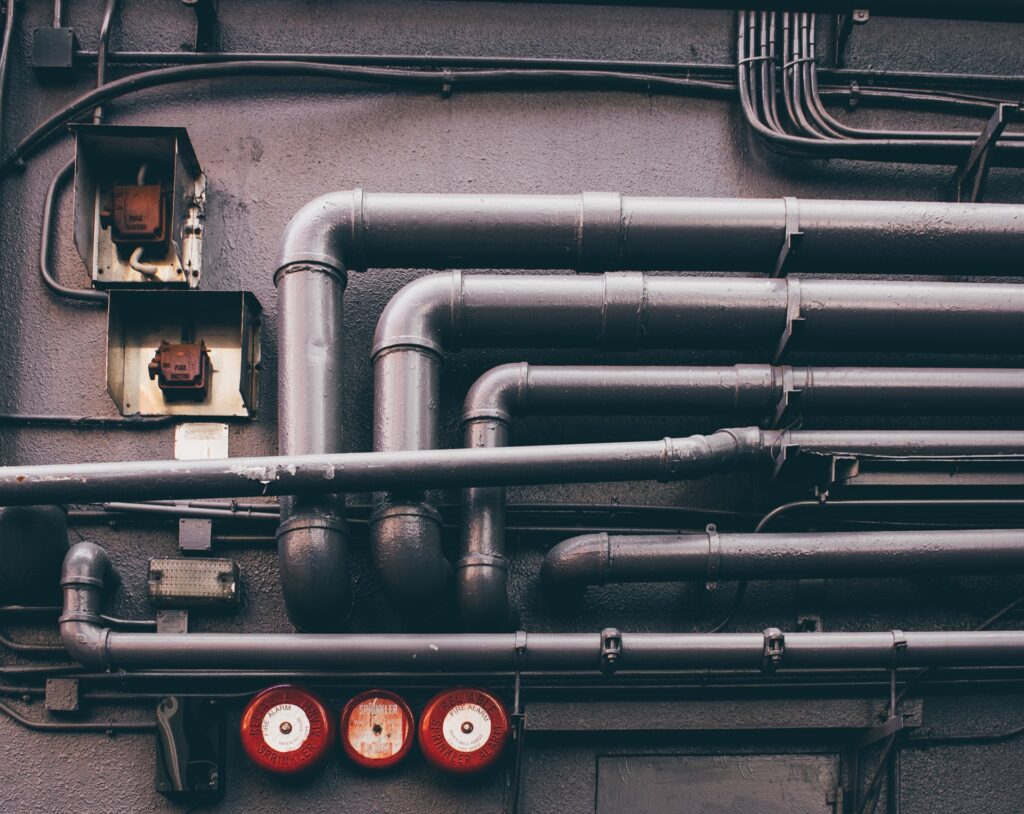
The plumbing components that need to be regularly maintained include:
- Inspect the couplings to search for any leaks
- Check fixtures within public restrooms to look for possible leaks
- Check sewage and sump pumps around once per year
- Check boilers and water heaters every time you perform commercial building maintenance
- Lubricate circulation pump and water booster systems
- Replace refrigerant when necessary
Plumbing defects aren’t easy to notice until it’s too late, which is why it’s highly recommended that you inspect the building’s plumbing as often as possible. The problems that can be caused by poor plumbing can vary significantly in severity.
For instance, a malfunctioning sump pump may cause the building to flood, which can take an extensive amount of time and money to clean. Maintaining the core plumbing systems in your building should reduce the risk of equipment failure.
Fire Equipment
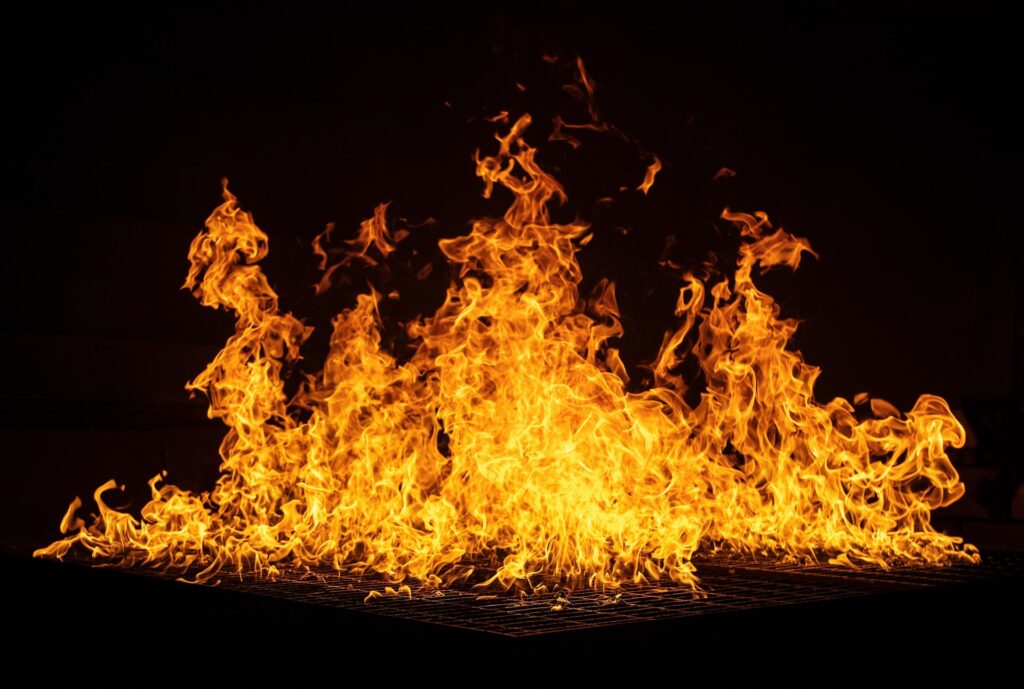
Some things that you should think about when checking your fire equipment include:
- Inspect for fire hazards
- Test your carbon monoxide and smoke detectors
- Check firefighting equipment
- Make sure that exits aren’t obstructed
A key aspect of safety with a commercial building is the state of your fire equipment. For instance, smoke and carbon monoxide detectors that aren’t in good working condition lessen the safety of everyone inside. If these individuals aren’t made aware of a fire immediately, their lives could be in danger.
Regularly checking and maintaining your fire equipment should reduce the likelihood of substantial damage to the building in the event of a fire.
Heating and Cooling
The main heating and cooling considerations that should factor into your preventive maintenance include:
- Hire an experienced professional to inspect boilers and chillers
- Identify screw issues
- Clean the condenser coil
- Inspect the various components within cooling towers, which include motor bearings, fan blades, and fill valves
- Check the energy efficiency settings, which include the refrigerant and compressor
- Lubricate system pumps around once every year
- Clean and fully replace the air filters around once every month
- Calibrate the sensors while also cleaning the economizer
The heating and cooling system that’s installed in your building is among the most important systems to the comfort of everyone inside. When an HVAC system isn’t functioning properly, your monthly energy bills will increase.
Poor maintenance also makes it more likely that the air won’t be cleaned properly, which can lead to an increase of harmful particulates in the air. When there are too much allergens or other pollutants in the air, health problems can develop for anyone inside of the building. Regular maintenance will keep these issues at bay and lessen the possibility that extensive repairs will need to be made to the system.
Electrical
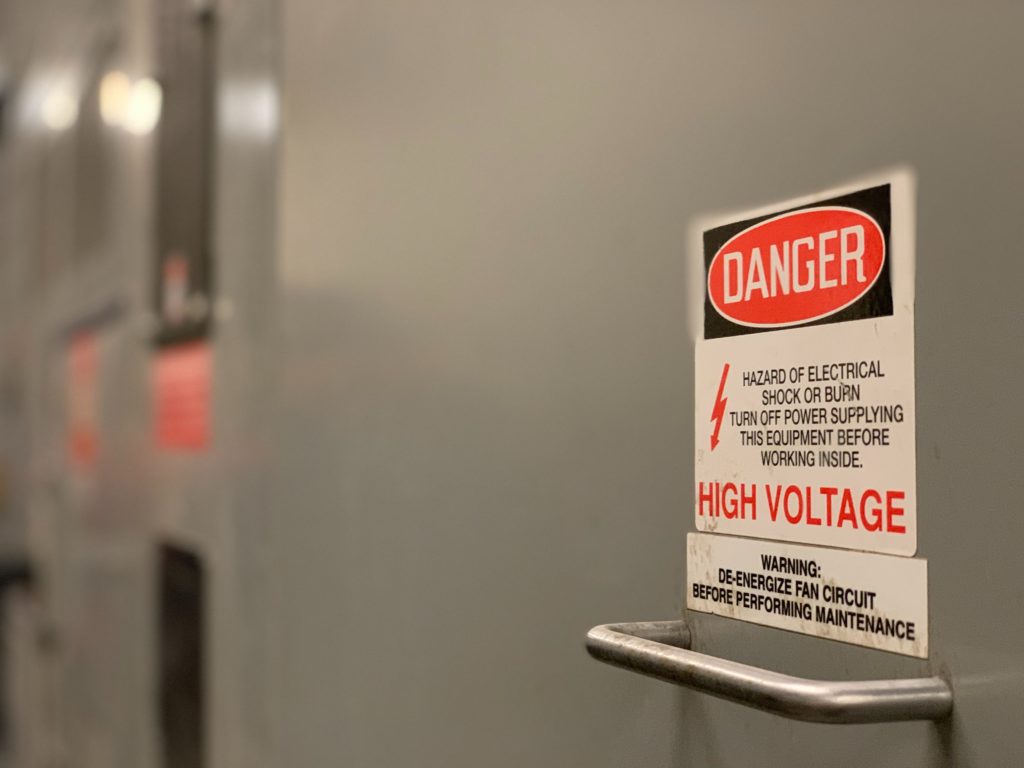
When maintaining the electrical systems in your commercial building, some things that you should consider include:
- Change the batteries in flashlights, instruments, carbon monoxide and smoke detectors, and other electrical equipment in the building
- Inspect the cover plates for the presence of cracks, after which the plates should be tightened
- Confirm that the photocells and timers are working properly
- Fully inspect and clean the exhaust fans
Between 2014-2016, around eight percent of fires in non-residential buildings occurred because of electrical issues, which ranged from wiring problems to short circuits. These fires can be largely avoided by making sure that your electrical equipment is properly maintained.
Despite the heavy importance of maintaining your electrical systems, this type of maintenance is relatively simple and straightforward. Even changing the batteries in flashlights and any carbon monoxide/smoke detectors in the building will lessen the risk of a fire as well as the damage that can be caused by an electrical fire.
Safety
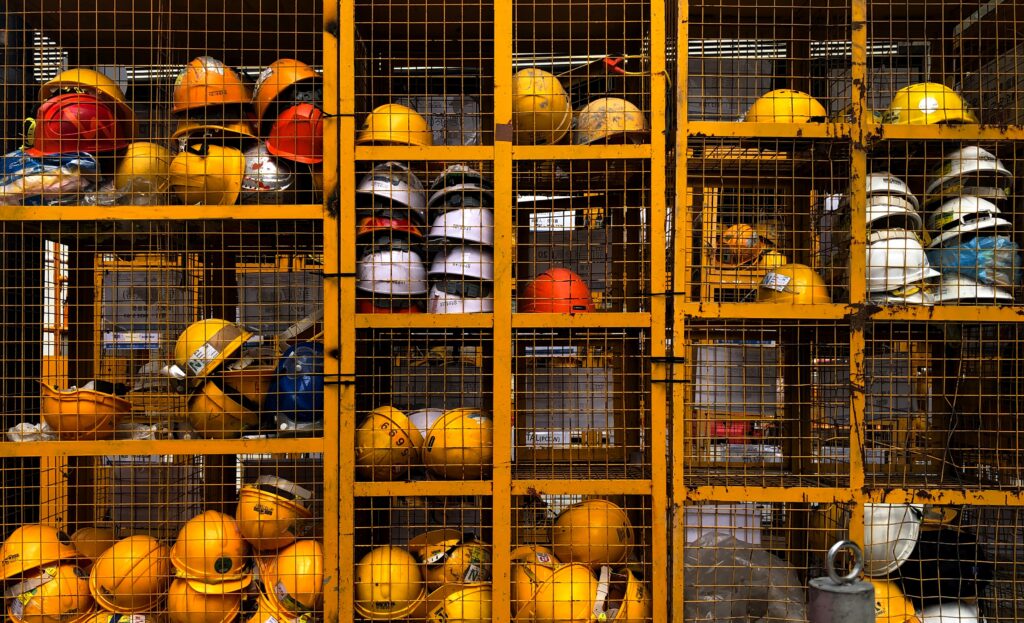
There are a variety of safety aspects of a commercial building that need to be checked during maintenance, which include:
- Check any eyewash stations and bottles
- Inspect respirators and clean them on a regular basis
- Make sure that equipment labels and safety signs are in good condition, which means that they should be visible and readable to everyone
- Inspect fall protection kits and harnesses
- Check the number of first aid kits that you have, all of which should be restocked whenever necessary
These safety guidelines are designed to make sure that everyone in the commercial building is safe at all times. If there are a low number of first aid kits in the building, you may not be able to provide proper medical treatment in the event that someone is injured or a disaster occurs on the premises.
It’s also important that safety signs and equipment labels are in perfect condition. Otherwise, you open yourself up to liability while also making it more likely that people will be injured when using dangerous equipment. It’s important to check the safety components in a commercial building on a regular basis because these components will keep people safe and protected in the event of an emergency.
Other
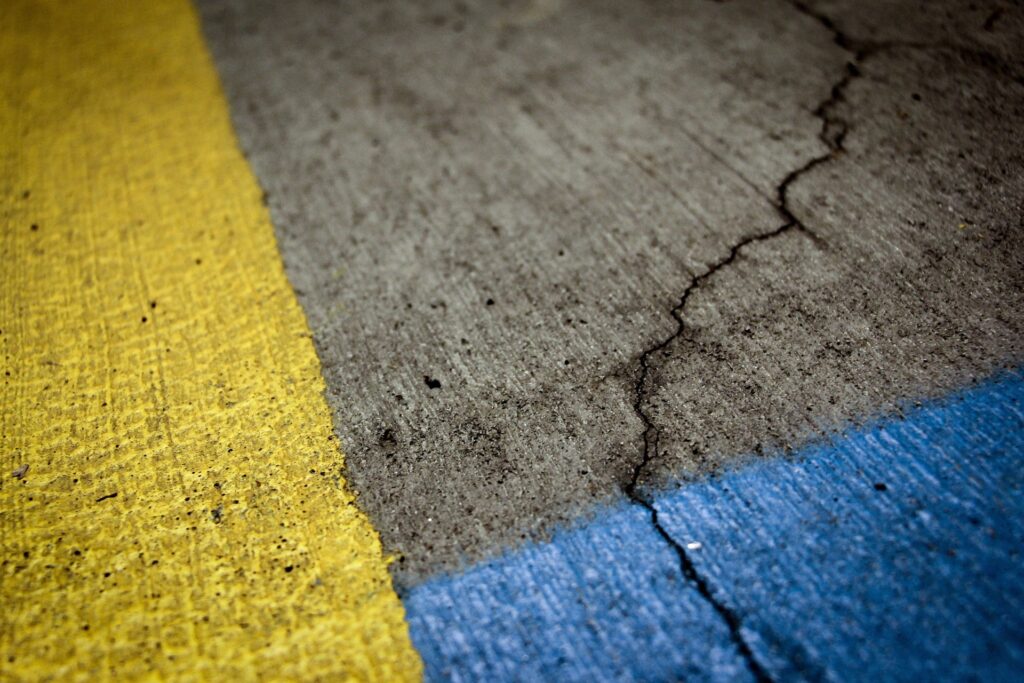
Some other important elements of maintenance include:
- A licensed electrician should inspect your electrical systems in intervals of 3-5 years
- The cracks in the pavement around your building should be sealed regularly
- The surfaces of parking garages should be should be fully cleaned around twice every year
While all of the systems mentioned previously are among the most important components of commercial building maintenance, there are some other things that you might want to take into account when keeping your building in good condition.
For instance, cracks in the pavement surrounding your building can send a bad impression to clients and customers. The same is true of parking garages that aren’t well maintained. These elements should round out your commercial building maintenance.
The Importance of a Commercial Building Maintenance
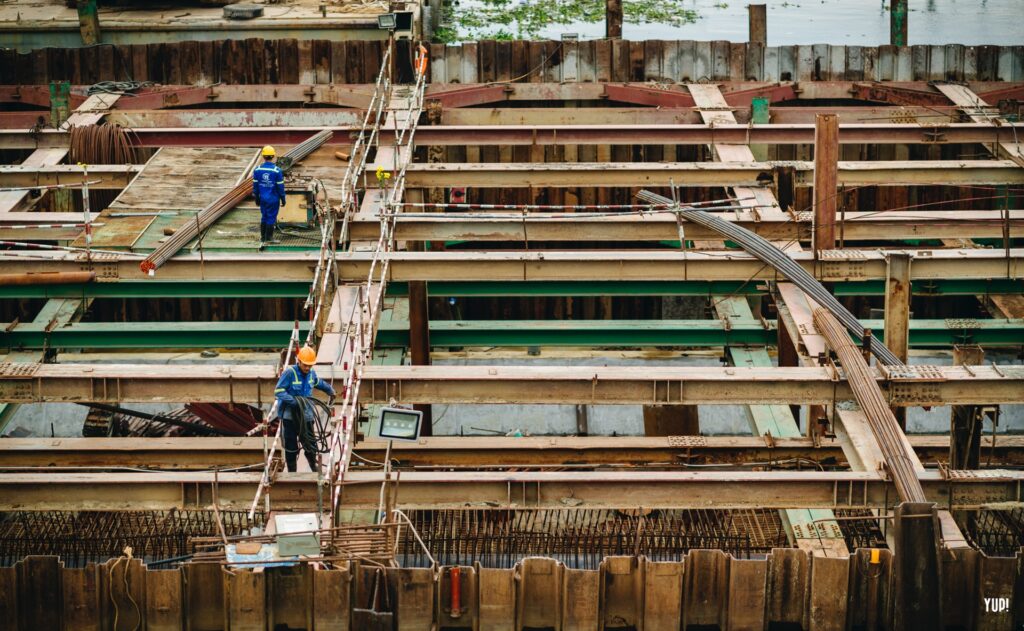
The main benefits of performing commercial building maintenance include:
- Allows you to save money by avoiding costly repairs
- Keeps your assets performing at their best
- Keeps the property in good condition
- Improves safety in the building
- Provides a clean working environment
If you want your building and equipment inside to remain in good condition, it’s essential that you obtain regular maintenance for your commercial building. Without conducting maintenance on a regular basis, you heighten the possibility of safety hazards while also increasing the likelihood that you will eventually need to make costly repairs. Preventing maintenance assists in catching small problems before they require large fixes.

Jason Somers, President & Founder of Crest Real Estate
With over 15 years of professional experience in the Los Angeles luxury real estate market, Jason Somers has the background, judgement and track record to provide an unparalleled level of real estate services. His widespread knowledge helps clients identify and acquire income producing properties and value-ad development opportunities.
Learn more about Jason Somers or contact us.
